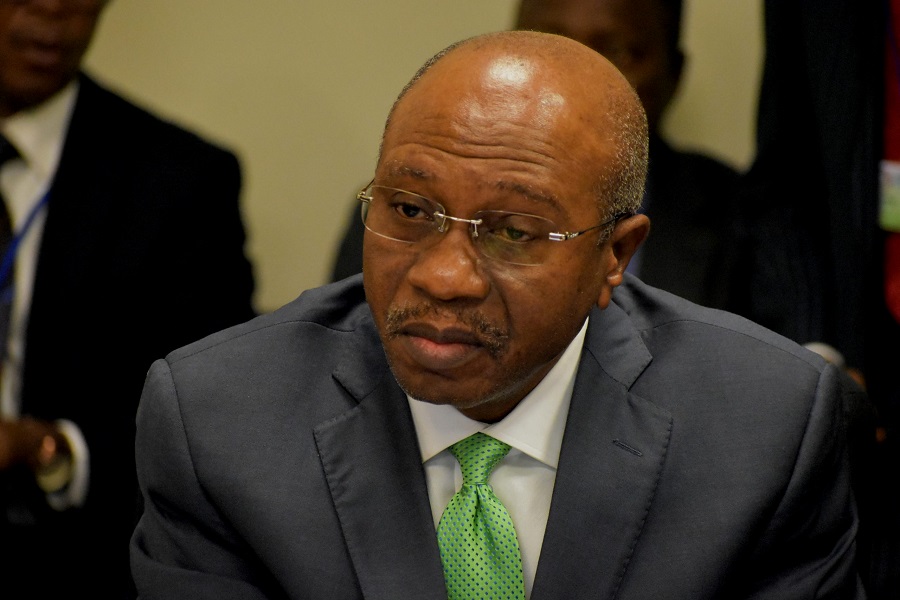Business
RT200: FX Repatriation Hits $2.9bn – CBN

Governor of the Central Bank of Nigeria (CBN), Mr Godwin Emefiele, says the race to 200 billion dollars in foreign exchange repatriation (RT200) has generated over 2.9 billion dollars as at June.
Emefiele said this on the sidelines of Monetary Policy Committee meeting yesterday in Lagos.
The RT200 Non-Oil Export Proceeds Repatriation Rebate Scheme is aimed to increase the country’s foreign reserves by 200 billion in Foreign exchange earnings from non-oil proceeds over the next three to five years under a new export proceeds repatriation scheme.
He noted that the RT200 incentive also recorded gains in increasing foreign exchange inflows into the country.
“The MPC was delighted that we are making progress with these initiatives, we are making progress for the 100 for 100.
“I think we have disbursed slightly above N50 billion to the 100 for 100 which is meant to really drive support for those who want to produce goods that can be exported out of the country to earn dollar revenues.
“Indeed, we are delighted that the race to 200 billion dollars is yielding good results. We found out that we had received inflows as at June this year over 2.9 billion dollars.
“ You all know that during the first quarter of 2022, we disbursed N3.6 billion as rebates for those who have conducted export activities.
“Hence, for Q2 2022, we have this morning just approved the release and payment of rebates to those who conducted the export activities to the tune of N20 billion,’’ he said.
The governor explained that the reason the bank was paying slightly over N20 billion for Q2 was because it was discovered that there had been a lot of exports found to be eligible for the rebates which were in over 600 million dollars.
Emefiele expressed joy that a lot more people were embracing export in Nigeria as a result of the incentives that were provided and paid promptly, thereby, increasing export earnings.
“We had hinted that at some point, we will get to the point where the banks will not even need to come to the CBN to buy forex exchange to meet important needs of their customers.
“We are delighted that we are moving gradually in that direction and I am optimistic that these numbers will improve by around the end of the year,’’ said Emefiele.
Business
NCDMB, Jake Riley Empower 250 Youths On Vocational Skills

Business
NUJ Partners RSIRS On New Tax Law Education

Transport
Nigeria Rates 7th For Visa Application To France —–Schengen Visa

-

 Sports1 day ago
Sports1 day agoArsenal Women End Man City’s Invincibility
-

 Sports1 day ago
Sports1 day agoU-20 WWC: Falconets claim qualifier win
-

 Sports1 day ago
Sports1 day agoInsurance Deepen Enyimba’s Trouble
-

 Sports1 day ago
Sports1 day agoYouth Olympics preparation Gears up
-

 Environment1 day ago
Environment1 day agoRivers State Government Suspend Fire Service Collection Levies
-

 Sports1 day ago
Sports1 day agoTornadoes Set For NPFL exit over Stadium Ban
-

 Sports1 day ago
Sports1 day agoCologne Youth Team Set Crowd Record
-

 Environment1 day ago
Environment1 day agoLASEMA pushes attitudinal change to cut fire outbreaks in Lagos

